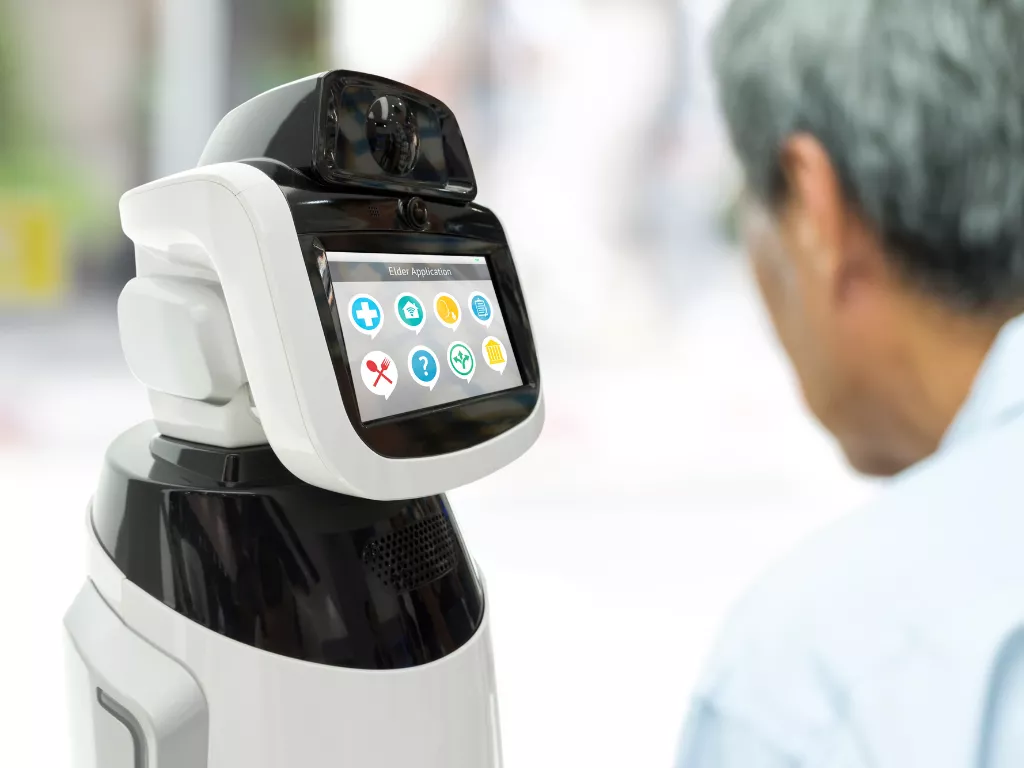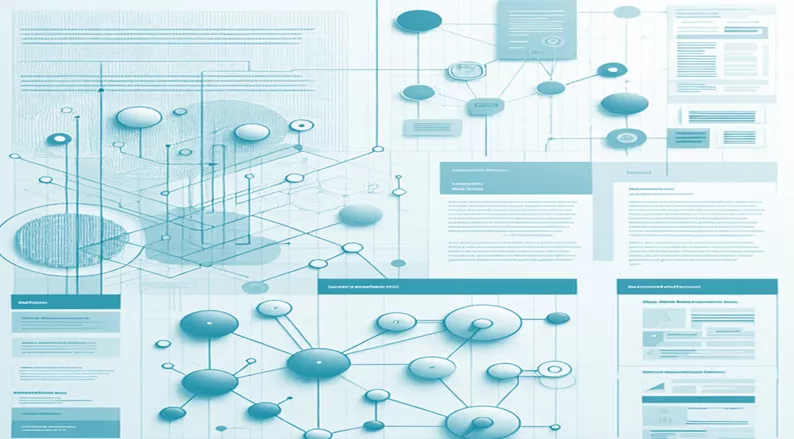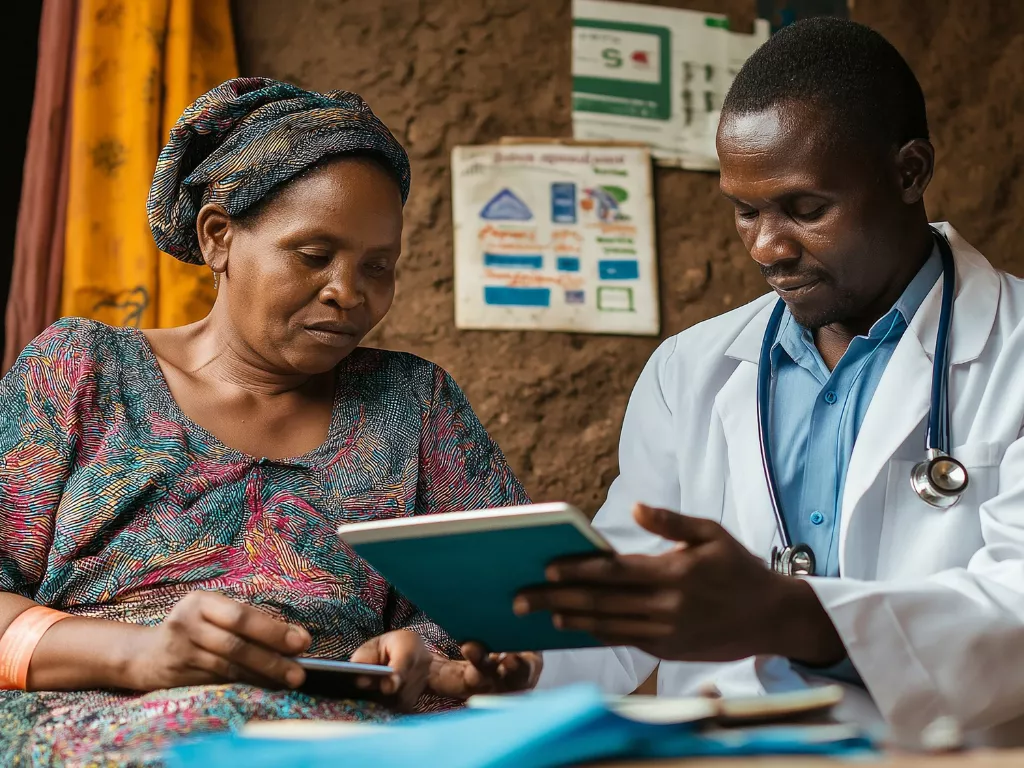7 technology trends in Healthcare in 2021
25 February 2021
CIOs should strategize future directions and readiness of technology forces and innovations.
The COVID-19 pandemic has impacted businesses including healthcare delivery across the globe. It has worked as a catalyst in adoption of digital technologies in Healthcare and associated industries. We have seen this with healthcare providers, patients, medical devices, drug discovery, insurance, and companies in the medical supply chain.

Discover more

Building Better Digital Experiences with Information Architecture
In today’s digital age, information is omnipresent. Whether it's websites, mobile apps, online platforms, or digital content, these elements have become integral parts of our...

Revolutionizing Rural Healthcare: How AI is Shaping the Future of Telemedicine
Introduction Telemedicine has revolutionized healthcare delivery, particularly for underprivileged populations. For rural areas, where access to healthcare facilities is often limited, telemedicine has the potential...

PFAS: How ‘Forever Chemicals’ Impact Medical Devices
Introduction: Since 1940, per- and polyfluoroalkyl substances (PFAS) - a class of artificial compounds, have been used globally in a variety of industrial and consumer...
